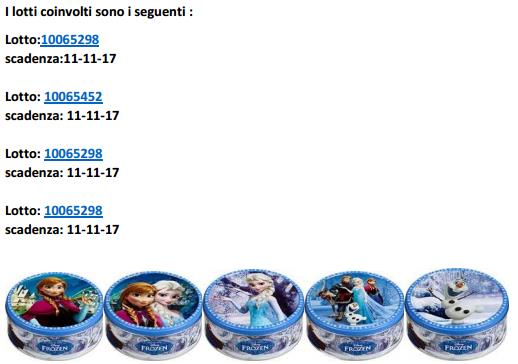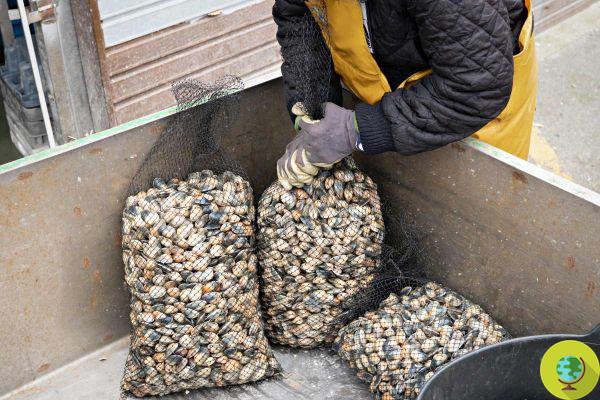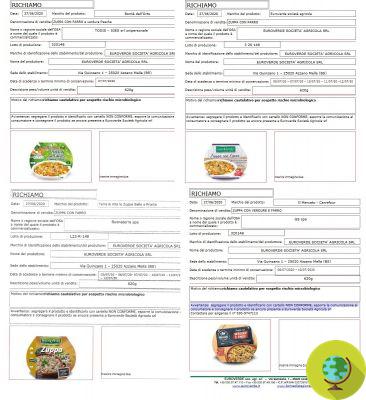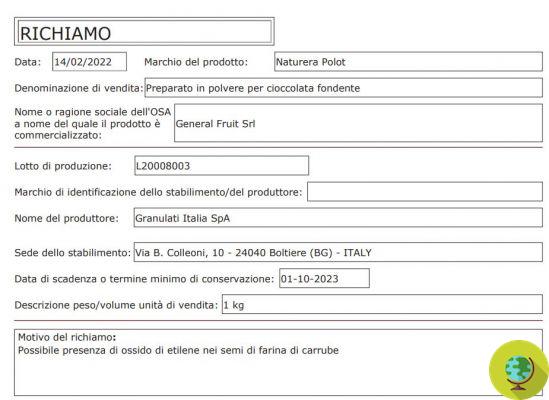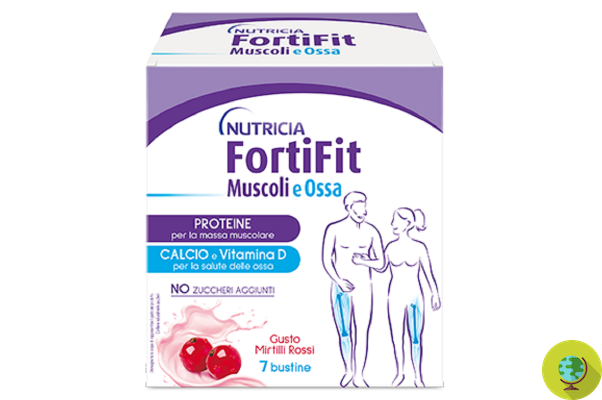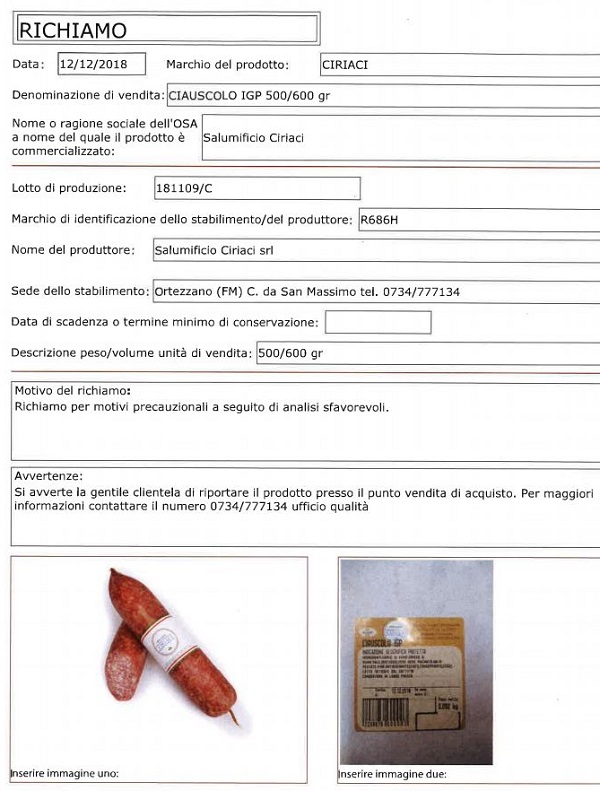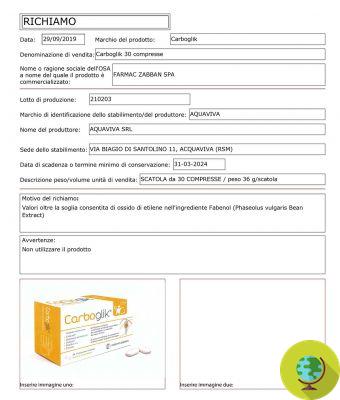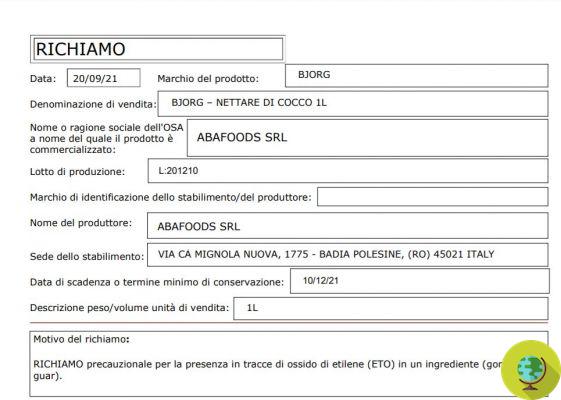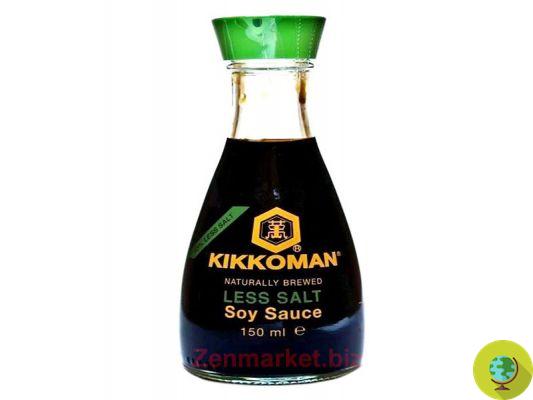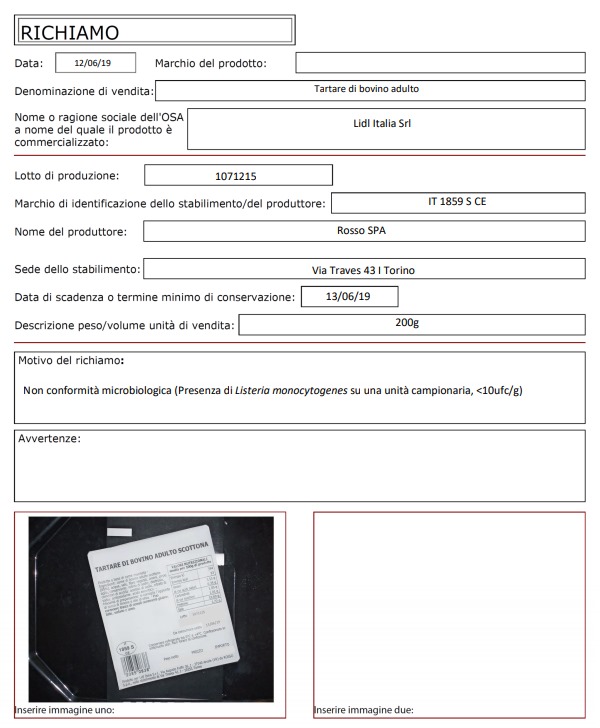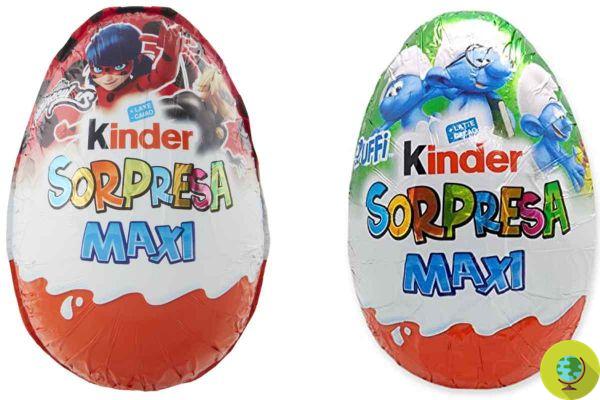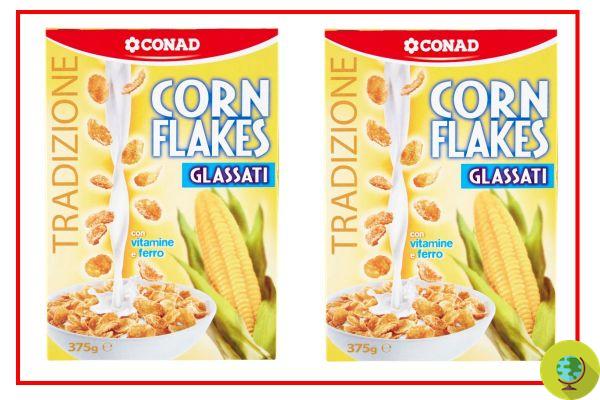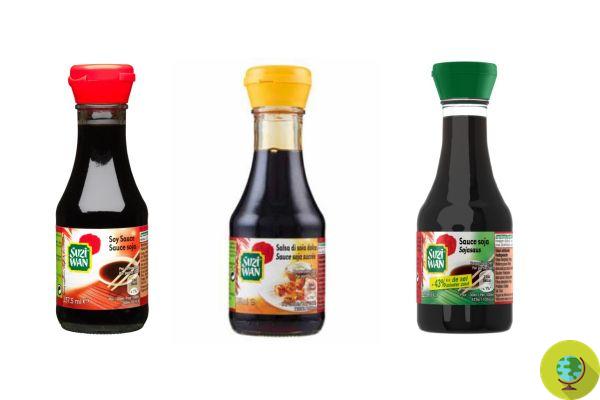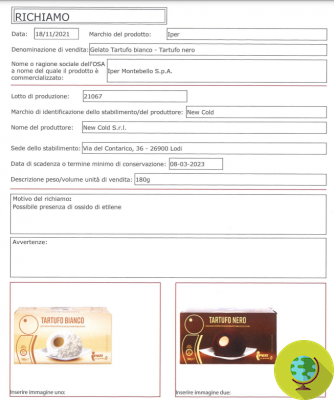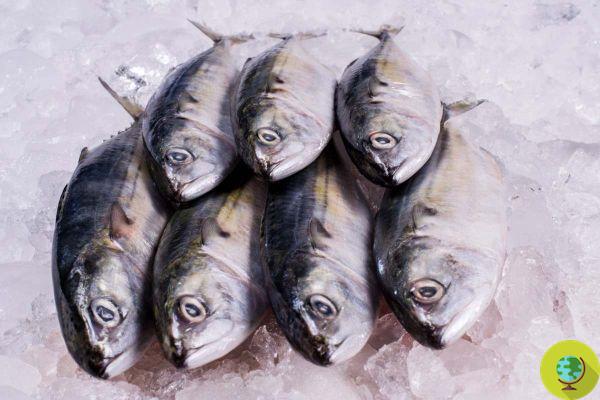
Scholars have uncovered a fraud in the labeling of frozen fish, such as hake and tuna, from African fishing grounds.
Don't store avocado like this: it's dangerousThe study reveals that the fraud is quantitatively low, but qualitatively important because it affects endangered or unregulated species, which indicates illegal fishing.
A research team from the University of Oviedo in Spain has uncovered a fraud in the labeling of frozen fish, such as hake and tuna, from African fishing areas and widely consumed in Europe. And not only that: the use of "trap labels" is greater in those species considered more valuable by the consumer.
This is what emerges from the work carried out by the Aula de Investigación sobre Recursos Naturales, which reveals that it is a "quantitatively low" but "qualitatively important" fraud because it affects fish species in danger of extinction or species that are not yet subject to regulation. A process that indicates the safe use of methods of illegal fishing in African waters.
The results of this research were published in the Scientific Report.
Read also: Frozen fish: Lidl and Bofrost promoted. German test detects over 4 thousand microplastic particles per fillet (and does not recommend a variety)
Despite the great effort to track foods to ensure safe and sustainable consumption, mislabeling still persists in fish markets, says Alba Ardura Gutiérrez, a researcher in the Department of Functional Biology and one of the authors of the study.
The study was based on two approaches: on the one hand the researchers carried out a survey on the preferences of a sample of 1.608 consumers, on the other 401 samples of frozen fish widely consumed in Europe and in the world were analyzed: tuna , hake, anchovy and blue whiting (or potassol, a sea fish of the Gadidae family), through amplification by PCR (polymerase chain reaction, commonly known as PCR) and sequencing of a series of markers of DNA.
The results obtained have a double reading. While the mislabelling rate is low (1,9%), its implication is important as it reveals the use of endangered species and illegal fishing.
More specifically, the researchers came to three relevant conclusions:
- an increased risk of mislabeling on unrecognizable products
- greater fraud on those species considered more valuable by the consumer
- the use of endangered species such as Thunnus thynnus, juvenile tuna marketed as anchovies and African hake, Merluccius polli, not yet regulated as a surrogate species
Our findings point to worrying intentional fraud that hinders the goal of sustainable seafood production and consumption and suggests prioritizing control efforts in highly prized species, says Noemí Rodríguez, a researcher in the Department of Education. of the University of Oviedo. We are therefore moving away from the commitment to the 2030 Agenda, which calls in its Goal 14 to eradicate overfishing, restore fish populations and eliminate illegal, unreported and unregulated fishing, she adds.
One thing is certain: the study underlines the importance of one correct labeling because, in the end, we consumers are able to buy hake that we consider to be of high value for one of lower value and because, moreover, we are exploiting endangered species in the process of reducing fishing areas.
But who is behind this fraud? Good question and researchers cannot identify the authors.
It is difficult to determine whether the fraud originates from the area of capture or not. We don't know who is responsible. We would need a more thorough investigation of the source, they conclude.
Follow us on Telegram | Instagram | Facebook | TikTok | Youtube
Fonti: Scientific Report / University of Oviedo
Read also:
- Shrimp meatballs… but with pork (and not a trace of shrimp). All seafood fraud
- Canned tuna and packaged fish: still too much salt and little transparency on fishing conditions
- The fraud of fresh fish: what the hidden cameras at the market reveal (VIDEO)
- Fish labels: how to read them and what to watch out for (fresh and canned)




